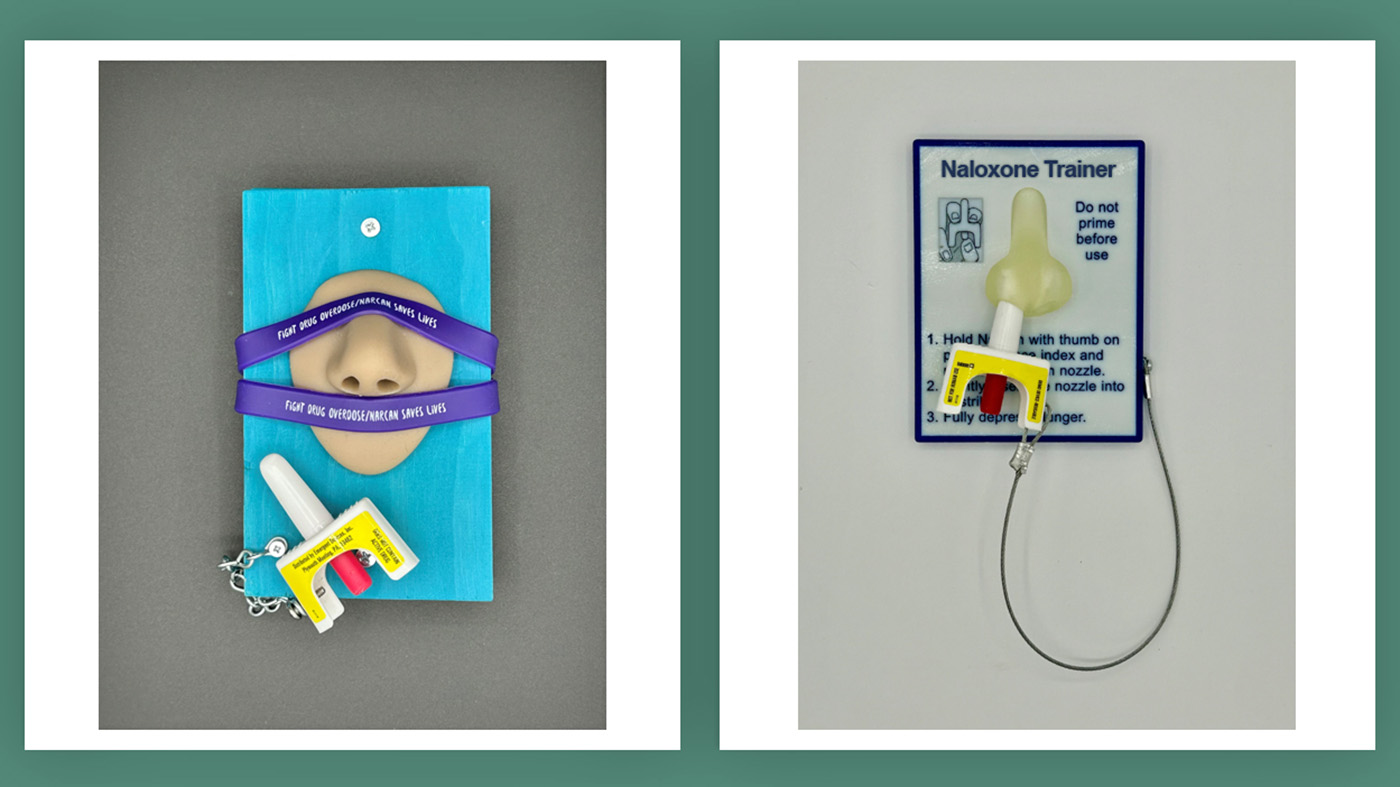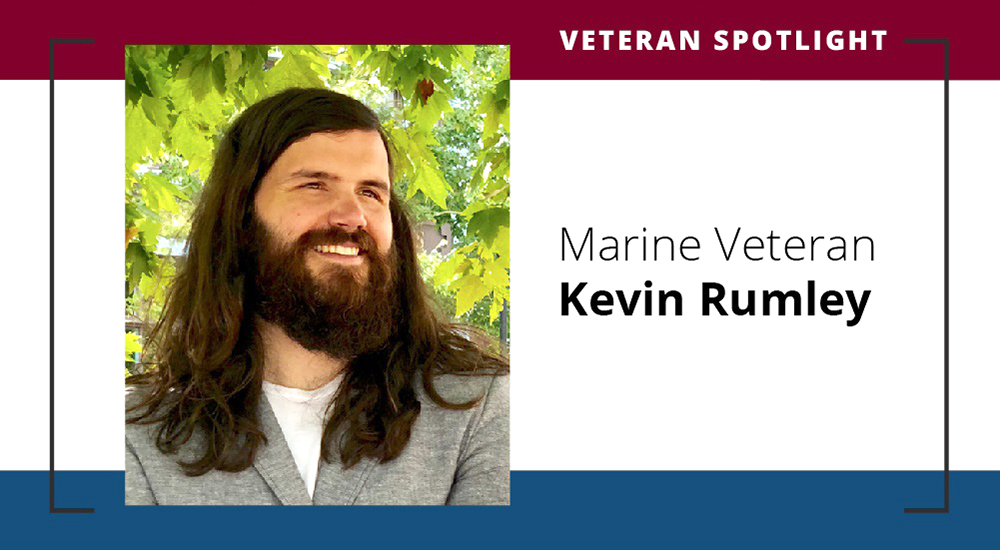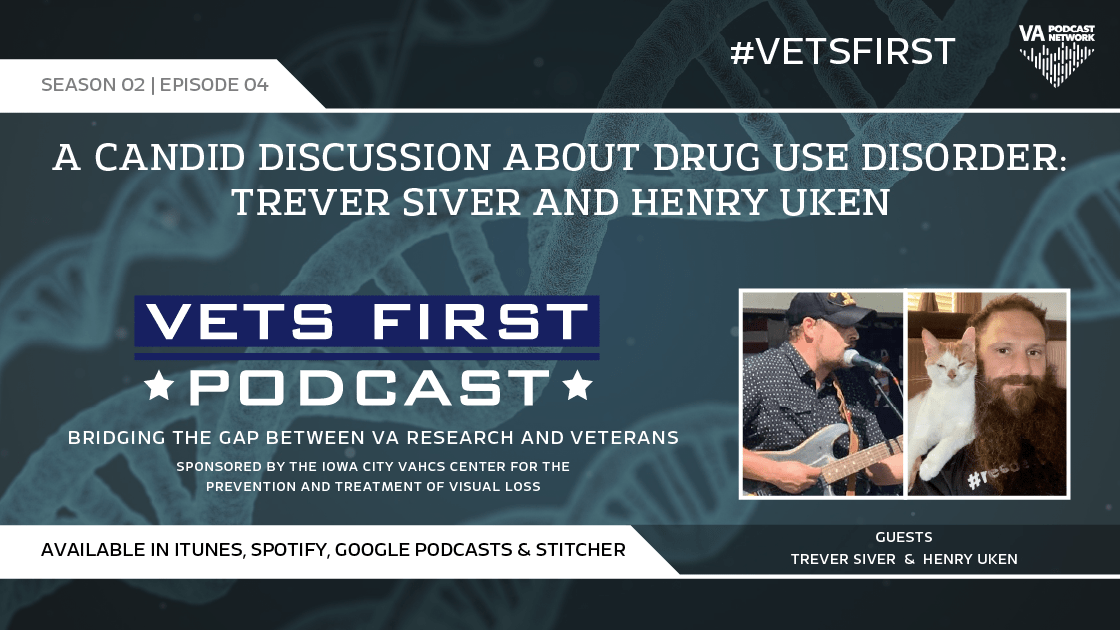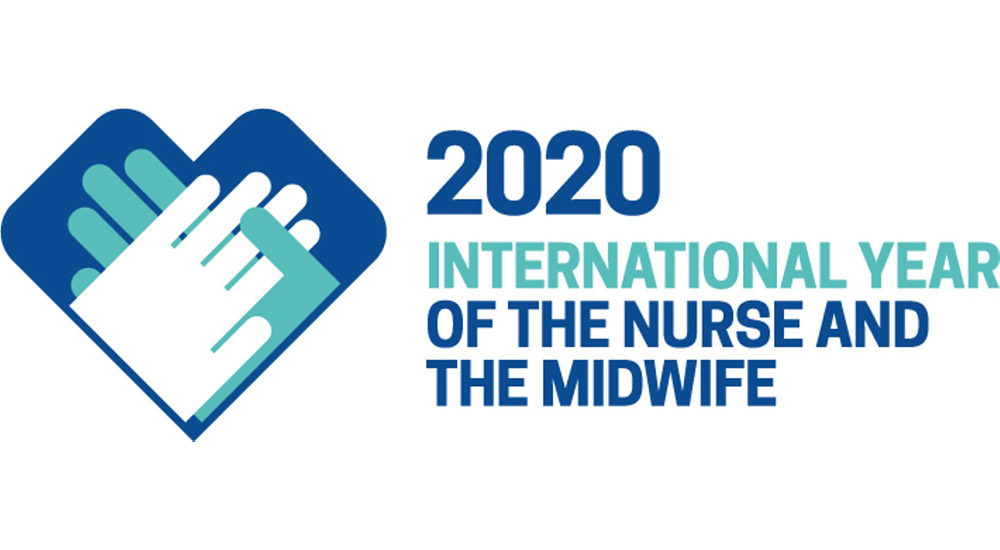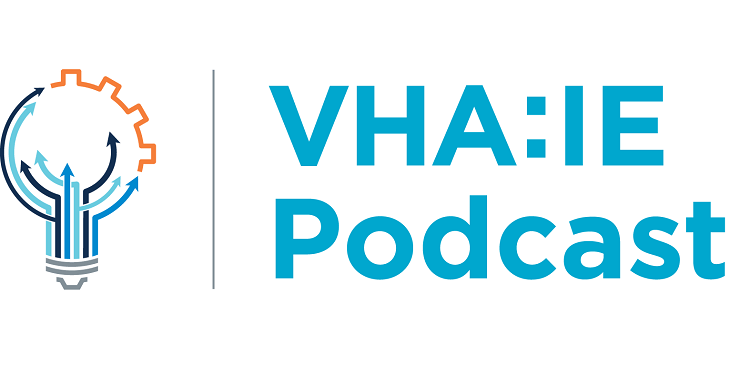The Naloxone Trainer's user-friendly design features a lifelike 3D-printed nose and a simulated naloxone nasal spray device.
VA helped Veteran Kevin Rumley with his second chance. “Every person at VA cared for me deeply as a Veteran and as a person.”
In this episode of Vets First Podcast, hosts Levi Sowers and Brandon Rea discuss drug use disorders with two recovered Army Veterans.
Sherry Cox always wanted to be a nurse. After 30 years in the Air Force, Colonel Cox is now a VA nurse focusing on reducing Veteran opioid dependence. “Helping Veterans has been transformational.”
Scientists at the Southeast Louisiana Veterans Health Care System and Tulane University have announced a breakthrough in research that could lead to safer treatment of pain with less risk for addiction and overdose compared to currently available opioid medications.
VA’s Opioid Safety Initiative has reduced the number of Veterans prescribed an opioid by more than 50% over the past six years.
Over the past six years, VA’s Opioid Safety Initiative (OSI) has reduced opioid dispensing more than 50%. Most of this reduction is attributable to not starting new, long-term opioid therapy in Veterans with chronic pain.
Combating the opioid crisis head on is key to reducing the number of Veterans who die from opioid overdoses, and to changing the way VA offers care to Veterans.
A Boston VA Health Care System employee saw an opportunity to improve reaction time to opioid overdoses, by training nearly 700 Veterans, staff members and VA Police to administer Narcan.
The growth and interest in mindfulness is due in large part to an impressive body of evidence that suggests mindfulness meditation practices can mitigate a number of physical and mental health issues, ranging from dealing with cancer and depression, to sleep problems and chronic pain.

